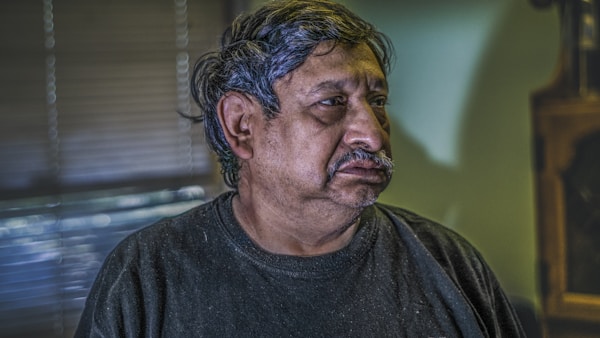Nursing home abuse is a serious issue that can affect the elderly, disabled, and other vulnerable individuals who are in the care of nursing homes. It can take many forms, including physical, emotional, financial, and sexual abuse. All forms of abuse can have devastating consequences and can cause physical and emotional harm to the victim and their loved ones.
It’s important to be aware of the signs and symptoms of nursing home abuse so that you can take action, such as hiring the best nursing home abuse attorney possible. There are a variety of physical, emotional, and behavioral signs that can indicate abuse.
Physical Abuse

Physical abuse is a serious and growing problem in many parts of the world. The victims of physical abuse are often elderly and vulnerable adults who are unable to protect themselves. Unfortunately, this form of abuse is often overlooked and not reported.
Physical abuse in nursing homes can take many forms, including bruises, scratches, burns, broken bones, and other physical injuries. In some cases, physical abuse may even involve the use of physical restraints or isolation. Other signs of physical abuse may include poor hygiene, inadequate nutrition, or bedsores.
It is important for nursing home residents and their families to be aware of the signs of physical abuse. If you suspect that a loved one is being abused, it is important to take action immediately. You should contact the proper authorities and report the abuse. Additionally, you should seek medical attention as soon as possible, as physical abuse can have serious and long-lasting consequences.
Emotional Abuse
Emotional abuse in nursing homes is an issue that is often overlooked and can have serious consequences for the victims. While physical abuse is easier to recognize, emotional abuse can be more subtle and insidious. It is important to recognize the signs of emotional abuse so that it can be quickly addressed and stopped.
Emotional abuse can be defined as any behavior that causes emotional distress, such as verbal threats, intimidation, humiliation, or isolation. It can take many forms, including verbal abuse, oppression, neglect, or isolation. It can be perpetrated by a caretaker, family member, or other individual.
Financial Abuse

Financial abuse is one of the most insidious forms of elder abuse. It can range from the unauthorized use of a resident’s funds or property to the withholding of money or other resources. Financial abuse can have devastating consequences for the victim and their family, often leaving them in debt or with a reduced quality of life.
Signs of financial abuse can include sudden changes in bank accounts, bills not being paid, or missing money or valuables. It can also include the misuse of power of attorney, or the manipulation of an elderly person’s financial situation in order to gain access to their funds or assets.
If you suspect that someone you know is a victim of financial abuse, it is important to take action. Speak to the victim in a safe and private setting, and let them know that you are concerned. If necessary, contact the authorities or an advocacy group to get help.
Sexual Abuse
Sexual abuse is a serious issue in care facilities and nursing homes, and any signs of such abuse must be addressed swiftly and firmly. Sexual abuse involves any kind of sexual contact with a resident without their consent. It can range from unwanted touching to rape and sexual exploitation.
Unfortunately, the signs of sexual abuse are often subtle, either because the victims don’t know how to report the abuse or because they are afraid of the repercussions. The signs can include bruises or bleeding in the genital area, changes in behavior, or a sudden fear of certain individuals. If you notice any of these signs or any other behavior that concerns you, it is important to alert the staff and authorities immediately.
Nursing home abuse is a serious issue that can have devastating consequences for those in the care of a nursing home. Being aware of the signs and symptoms of abuse can help you protect those in your care. If you suspect that someone is being abused, it’s important to take action and report it to the proper authorities.

